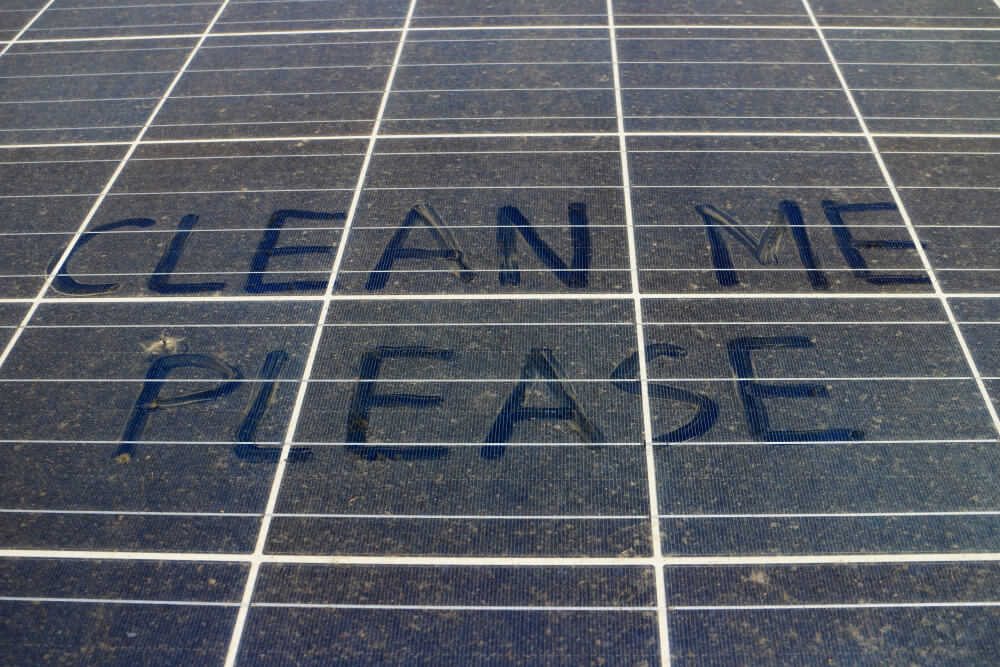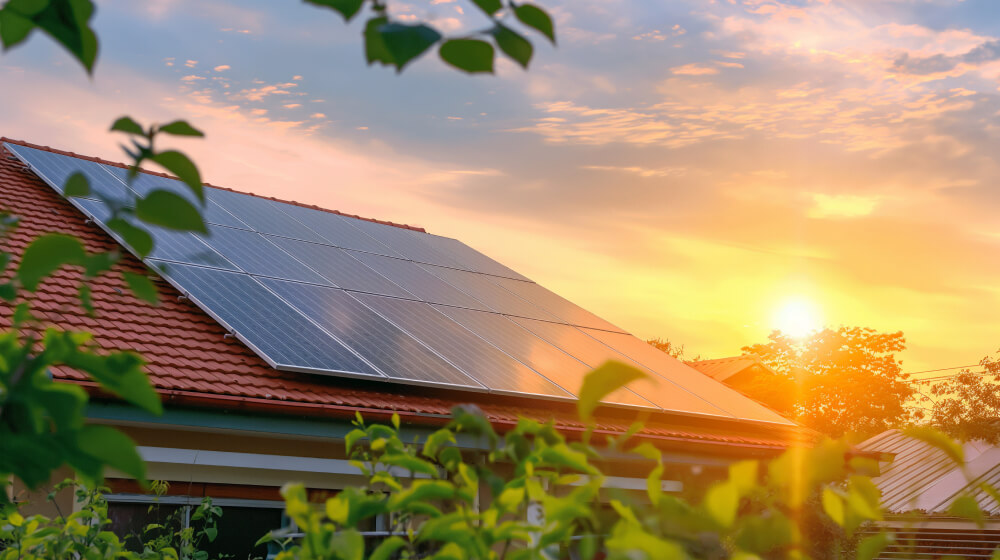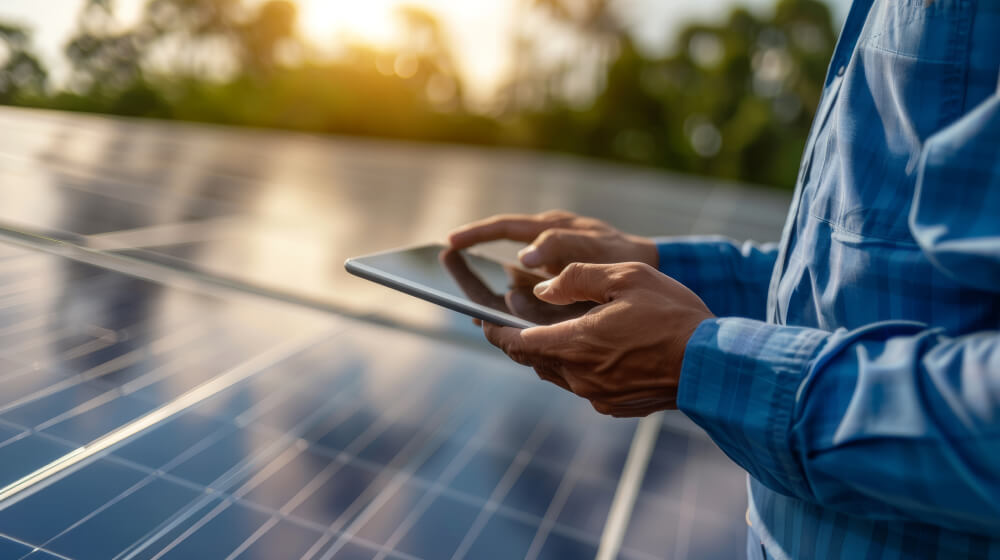Understanding Solar Panel Warranties
Solar panel warranties are critical for protecting your investment and ensuring your solar energy system performs efficiently over its expected lifespan. There are typically two main types of warranties: product warranties and performance warranties.
1. Product Warranty- Coverage: A product warranty, also known as a materials or equipment warranty, covers defects in materials and workmanship. If a solar panel or related component fails due to a manufacturing defect, the manufacturer will repair or replace the faulty part.
- Duration: Most reputable manufacturers offer product warranties lasting between 10 to 25 years. The duration can vary depending on the manufacturer and the quality of the solar panel.
- Common Exclusions: Product warranties usually exclude damage caused by improper installation, physical impact, environmental conditions, or lack of maintenance. It’s crucial to follow the manufacturer’s guidelines to maintain warranty coverage.
- Coverage: A performance warranty guarantees that the solar panels will produce a certain percentage of their original power output over a specified period. This type of warranty ensures that the panels will not degrade beyond a certain threshold.
- Duration: Performance warranties typically last for 25 years. Most manufacturers guarantee that their panels will produce at least 80-90% of their original capacity at the end of the warranty period.
- Degradation Rate: The performance warranty often specifies an annual degradation rate, which is the percentage by which the panel’s output may decrease each year. A lower degradation rate indicates better long-term performance.
- Inverter Warranty: Inverters, which convert the DC electricity generated by solar panels into usable AC electricity, often have separate warranties. These warranties typically last between 5 to 15 years, with some manufacturers offering extended warranties.
- Workmanship Warranty: Some solar installers provide a workmanship warranty that covers issues related to the installation process. This warranty can range from 1 to 10 years and covers problems such as roof leaks or faulty wiring caused by the installation.
Join HICP Homeowner’s Alliance
Connect with experts, get special discounts and enjoy member benefits
Tips for Evaluating Solar Panel Warranties
- Read the Fine Print: Carefully review the warranty documents to understand the terms, conditions, and exclusions. Pay attention to what is covered, the duration of coverage, and any actions that might void the warranty.
- Check Manufacturer Reputation: Research the manufacturer’s reputation for reliability and customer service. A well-established company with a strong track record is more likely to honor warranty claims.
- Understand the Claim Process: Familiarize yourself with the warranty claim process. Know who to contact, the documentation required, and the steps involved in filing a claim. A straightforward claim process can save time and frustration if issues arise.
- Consider Extended Warranties: Some manufacturers and installers offer extended warranties for an additional cost. Evaluate whether the extra coverage provides value based on your long-term plans and the likelihood of needing repairs or replacements.
Solar Panel Insurance
While warranties provide coverage for defects and performance issues, insurance protects against external factors that can damage your solar panels. Understanding the different types of insurance coverage available for solar panels is crucial for comprehensive protection.
1. Homeowners Insurance- Inclusion in Policy: Most standard homeowners insurance policies cover solar panels as part of the home’s structure. This means that damage from covered perils such as fire, hail, wind, or vandalism is typically included.
- Policy Limits: Review your policy limits to ensure they are sufficient to cover the replacement cost of your solar panels. You may need to increase your coverage limits to adequately protect your investment.
- Riders and Endorsements: If your policy doesn’t automatically cover solar panels, consider adding a rider or endorsement. This addition can provide specific coverage for your solar energy system.
- Specialized Coverage: Some insurance companies offer specialized solar panel insurance policies that provide coverage beyond standard homeowners insurance. These policies can cover additional risks such as theft, accidental damage, or specific solar-related issues.
- Cost: The cost of separate solar panel insurance varies based on factors such as the value of the system, location, and coverage limits. Compare quotes from different insurers to find the best policy for your needs.
- Service Agreements: Some solar installers offer maintenance and repair plans that include regular inspections, cleaning, and repairs. These plans can help keep your system in optimal condition and prevent potential issues.
- Extended Coverage: Maintenance plans may also include extended warranty coverage for certain components, providing additional peace of mind.
Tips for Choosing Solar Panel Insurance
- Review Existing Coverage: Start by reviewing your current homeowners insurance policy to determine what coverage is already provided for your solar panels. Identify any gaps that need to be addressed with additional coverage.
- Compare Policies: Obtain quotes from multiple insurance providers to compare coverage options, limits, and premiums. Look for policies that offer comprehensive protection at a reasonable cost.
- Understand Exclusions: Be aware of any exclusions or limitations in the policy. For example, some policies may exclude coverage for damage caused by certain natural disasters or require specific maintenance practices to maintain coverage.
- Consider Deductibles: Evaluate the deductibles associated with the policy. A higher deductible may lower your premium but could result in higher out-of-pocket costs in the event of a claim.
Understanding solar panel warranties and insurance is essential for protecting your investment and ensuring the long-term performance of your solar energy system. By carefully evaluating warranty options and choosing the right insurance coverage, homeowners can enjoy the benefits of solar energy with confidence.
Whether you’re considering solar panels for the first time or looking to optimize the protection for your existing system, this guide provides the information you need to make informed decisions. With the right warranties and insurance in place, you can safeguard your solar energy system and maximize its value for years to come.








